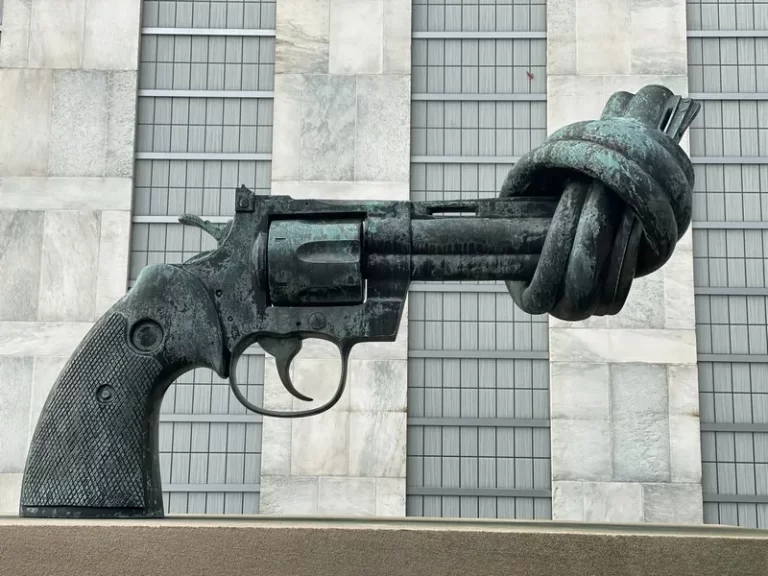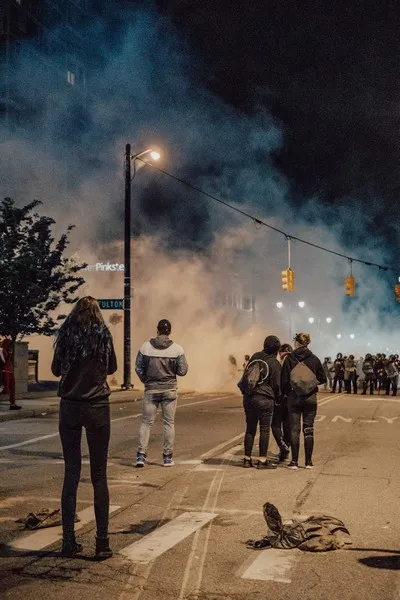
Examples of Pierre Bourdieu’s Symbolic Violence within Education
Explore the concept of symbolic violence in education and its impact on power dynamics and inequality. Learn about the privileging of language and cultural capital, curriculum bias, standardized testing, teacher expectations, and tracking. Discover how addressing symbolic violence can create a more equitable and inclusive learning environment.



